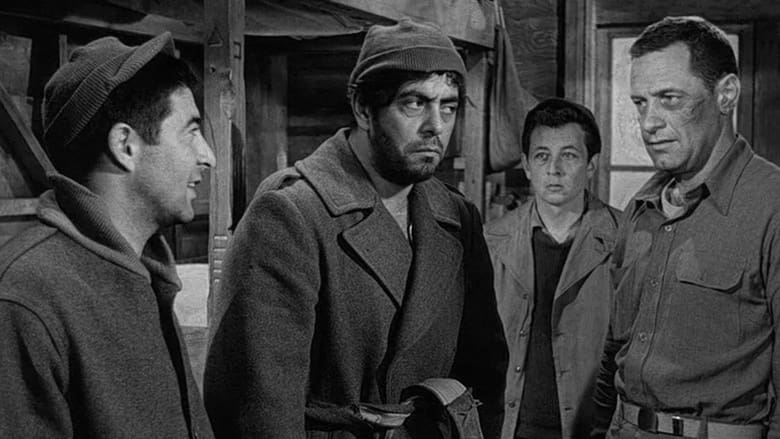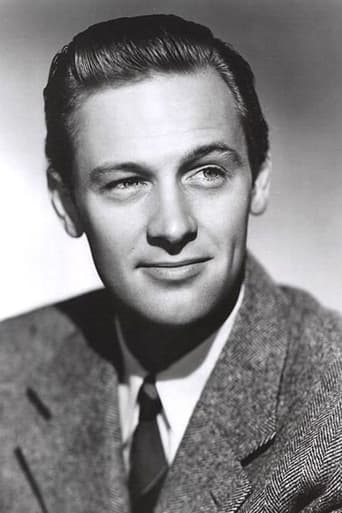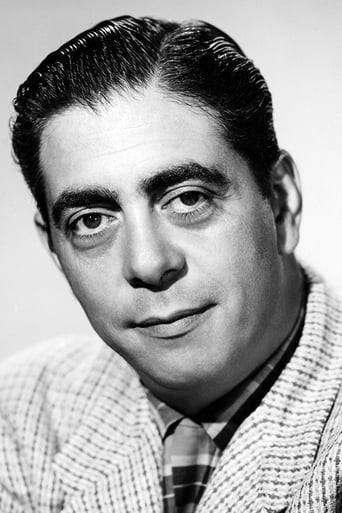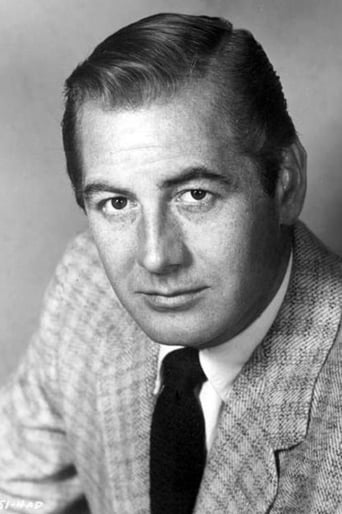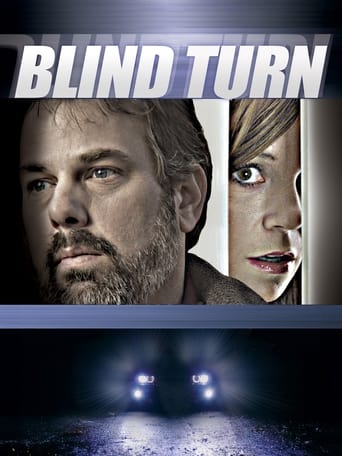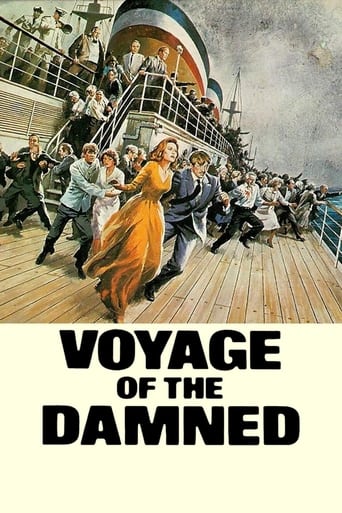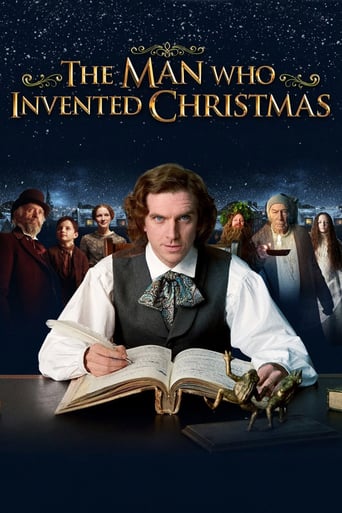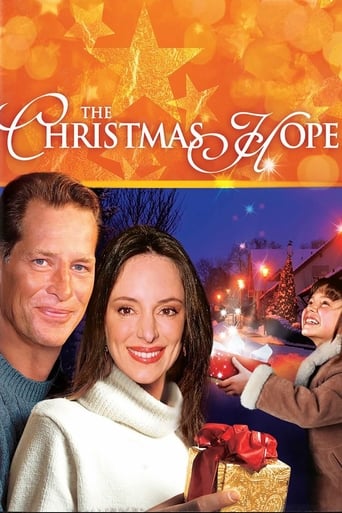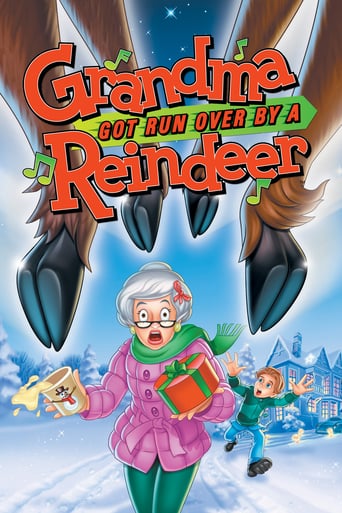Stalag 17 (1953)
It's a dreary Christmas 1944 for the American POWs in Stalag 17 and the men in Barracks 4, all sergeants, have to deal with a grave problem—there seems to be a security leak.
Watch Trailer
Free Trial Channels
Cast


Similar titles
Reviews
just watch it!
Mostly, the movie is committed to the value of a good time.
Just intense enough to provide a much-needed diversion, just lightweight enough to make you forget about it soon after it’s over. It’s not exactly “good,” per se, but it does what it sets out to do in terms of putting us on edge, which makes it … successful?
Blistering performances.
A narrator with a slight stammer (Gil Stratton) introduces the film by saying that no war movie ever tackled prisoners of war (aka POW). Objection, your honor, how about Jean Renoir's "Grand Illusion"? Granted there was no significant American POW film at the time but surely Billy Wilder must have heard about a French movie nominated for Best Picture in 1939, he must have heard a few anecdotes from Erich Von Stroheim during the shooting of "Sunset Blvd. So, is the lie deliberate or not?I think Wilder didn't feel he was telling the same story, and that "lie" is very revealing about the spirit of "Stalag 17": it tries to fool us but in such an obviously fraudulent way that it doesn't fool us, as if there was a joke somewhere but not on us. And I think that very lie captures the spirit of the film, it is cynical but deliberately deceptive about the human nature, to the point that sergeant Sefton's farewell line about pretending to have never met might have been a genuine statement. Yet it ended with a friendly gesture just to keep the right amount of ambiguity. And God, is this film ambiguous!In many ways, "Stalag 17" could have been an Americanization of "Grand Illusion" with WW2 as the setting, and I guess that's the accomplishment made by "The Bridge on the River Kwai" also starring William Holden, the bonding between the Japanese commandant and the British officer echoed the friendship between the two aristocrats in "Illusion". "Stalag 17" was adapted from a play written by 'Stalag' survivors Donald Bevan and Edmun Trczinski, where what happens in the Stalag stays in the Stalag ... or does it? The main drama consists of finding out the identity of the stoolie who warned the Germans about the upcoming escape of two prisoners, causing them to do escape but inside coffins. As Camp Commandant Oberst von Scherbach (Otto Preminger) observed with a proud smirk: "No one escaped Stalag 17. Not alive anyway". It's interesting the way these deaths are handled. While the gravitas of the moment is heavily marked in the faces of the prisoners, especially Duke (Neville Brand) who spends the whole time with the expression of someone who wished he got Holden's part, William Holden's Sefton is proudly collecting the cigarettes he got from a bet against their lives. The two sacrificed lambs are only cinematic props to warn us about the presence of a traitor and to tell us that first-billed Holden is the number one suspect (aka the hero).Once you get that the dead prisoners represent drama and that they're handled in a lighthearted way (the narrator even leaves a joke at their departure), you get the point of "Stalag 17", less a lighthearted drama than a serious comedy. And at that point of the review, I have to mention the two comic reliefs: Robert Strauss as Stanislaw 'the Animal' Kusawa and Harry 'Sugar-Lips' Shapiro (Harvey Lembeck), these two goofs crystallize the appreciation of the film, fans love it because they make the film feel like "Animal House" in a POW Camp and the haters hate it for the same reason. Speaking for myself, I thought their comedic routine was overplayed at first but then I processed the tonality of the film in my head and figured out they needed to provide more meat for the story and give us a few comical interludes with the Russian prisoners, the raw eggs, the 'At ease!' moment and the 'Betty Grable' dance, until the unforgettable "When Johnnie Comes Marching Home Again" where they're so busy dancing and marching they can't notice the spy quietly delivering a message in the "mailbox". We're definitely not stupid, they are."There are only two guys who know I didn't do it. Me and the guy who did it". Basically these two are also the only sane and reasonable people, though Sefton could have toned down his enthusiasm at the midst of the whole suspicion-ambiance and the traitor could have kept the incriminating piece out of his pocket, but nonetheless, the characters of Holden and a young Peter Graves managed to prevent the film to fall into the muddy trap of a nonsensical farce. There came a point where the last thrills came from the rat's race and the film needed one or two confrontations to spice it up. Humor and comedy can be great but with a right amount. As Schulz said "one fuerher is enough".The film was released at the end of the Korean War and the peak of the McCarthysm and some found in Sefton's accusation an illustration of the Jews' persecution and the HUAC-related paranoia, I think there's something more relevant within its tone (not the content), somethiung about the disillusion of men who're entrapped in their own condition and become easy preys for foolishness, and they just need a culprit to shoot first and think after, I get "Stalag 17" works a little like "M*A*S*H" a movie that handles war in such a goofy way it contains a few bits of subversion but doesn't keep you quite at ease.Holden won the Oscar while believing it had to go to either Lancaster or Clift who played in a more 'serious' picture as if he saw something of a fraud in "Stalag 17". Maybe it's a fraud, maybe it needed less ambivalence and that's why its follow-up "Hogan's Heroes" worked better because it was plain comedy, but this is a film that tells us one thing, no one can fool you without your consenting, and the only guy who wasn't fooled was cynical but had smartened up, patriotism is one thing but keep smart is a nice advice and modern for its taste. "Stalag 17" might be more brilliant than it seems, for such a classic prison escape movie, there are many aspects that escaped me, I reckon that.
I don't get it. What's the big deal? It's a slapstick. Granted, Wilder heart is instilled here and there, but I'm not crying and I ain't laughing.
This is the first German prisoner of war movie I ever saw. While this is comedic at times, it is actually a serious drama (unlike an abomination like "Hogan's Heroes" which is loosely based on this film). The strength of this is the ensemble acting where we get to meet and enjoy the different prisoners. William Holden, because he is enterprising, becomes the focus of his own men when it seems that the Germans are getting information from inside the barracks. Because he seems to have the ear of the commandant, they are sure that he is he rat. It will be his job to find out who is really behind all this. Sometimes the dialogue is dated and the situations a bit hard to accept, but it is a good drama with a sort of mystery novel premise.
It's the end of 1944. Sgt. J.J. Sefton (William Holden) is a cynic and an opportunist who bets against fellow prisoners escaping. They're American POWs in Stalag 17. The prison commandant Oberst von Scherbach (Otto Preminger) seems to have an informer in Barrack 4. Sgt. Frank Price (Peter Graves) is the prisoners' security chief. Animal (Robert Strauss) is the barrack's loud wild man. Duke (Neville Brand) is the hothead. For some, the obvious leak is Sefton who trades with the guards. After some more setbacks, the men beat up Sefton. Sefton figures that he needs to find the real leak.I don't really like the broad comedy coming from Animal and Harry. They just take the seriousness out of darker POW story. The two different tones keep stepping on each other. I really don't like the broad comedy. The secret informer is quite compelling although I would have made Dunbar fake the sabotage story. That would have worked even better especially considering Sefton talking about how his mother buying his way out of trouble.


